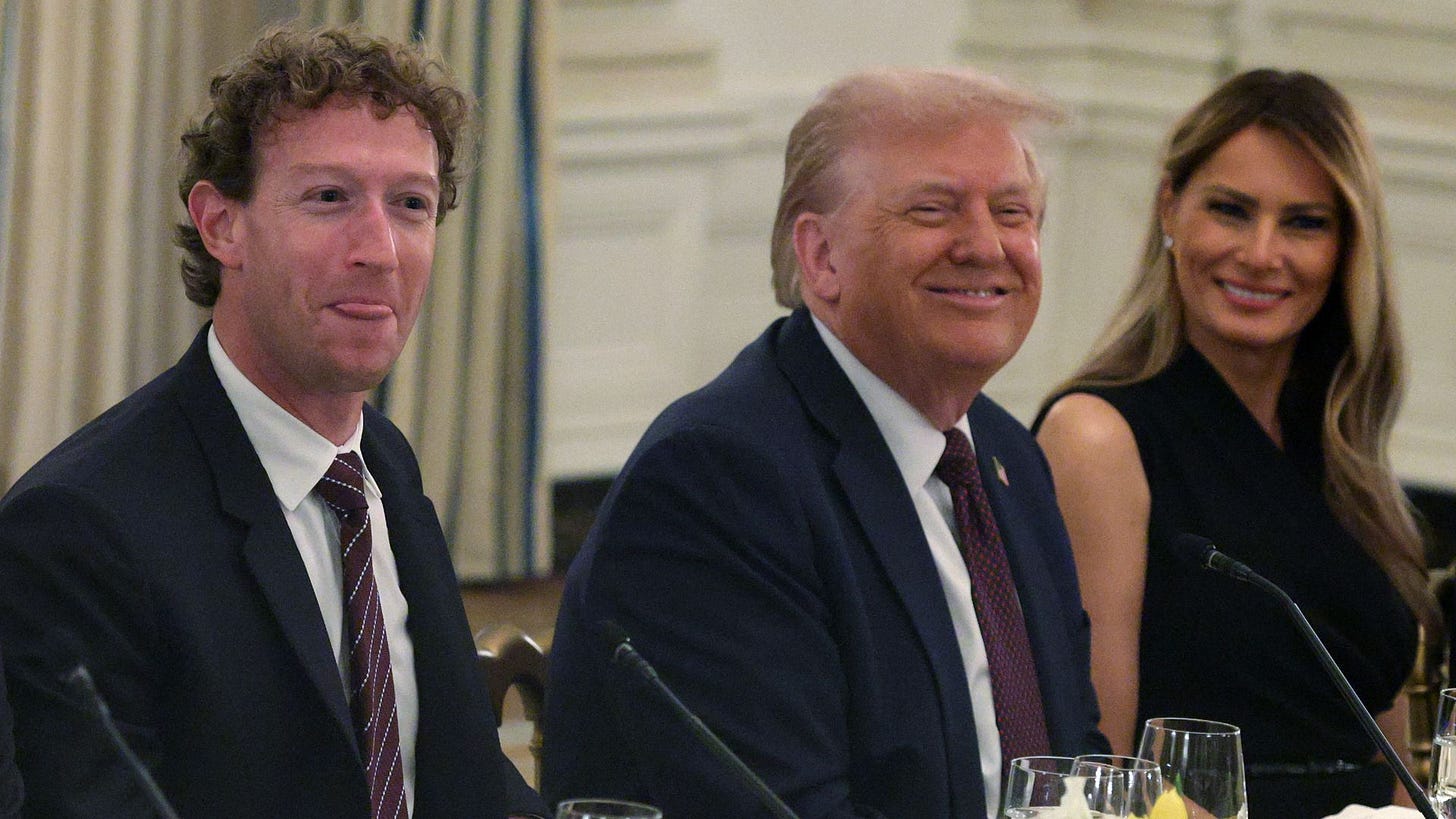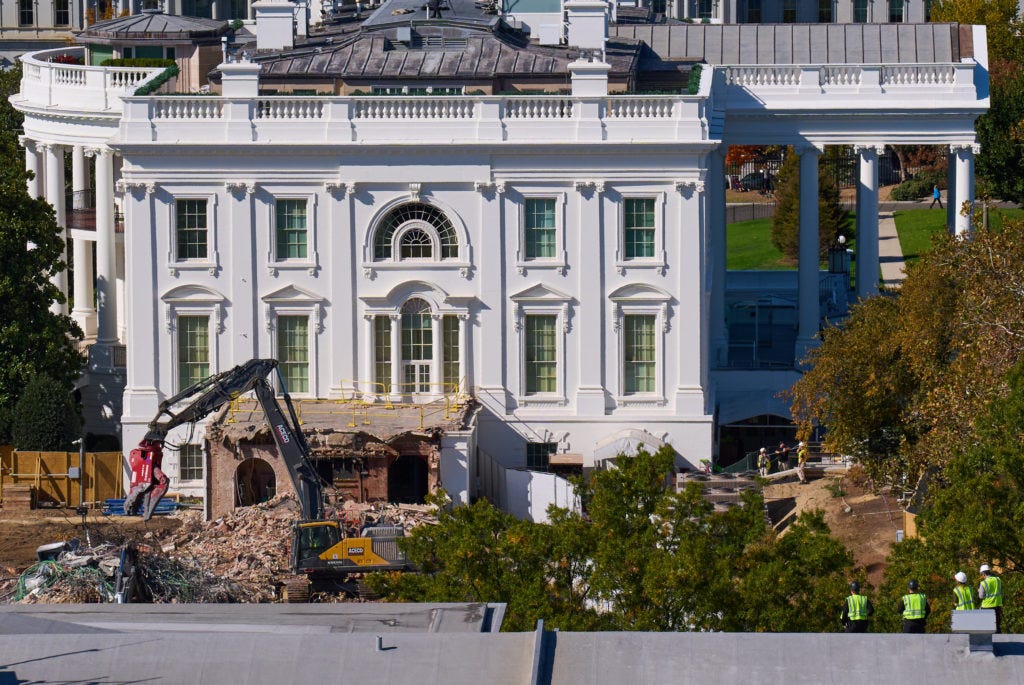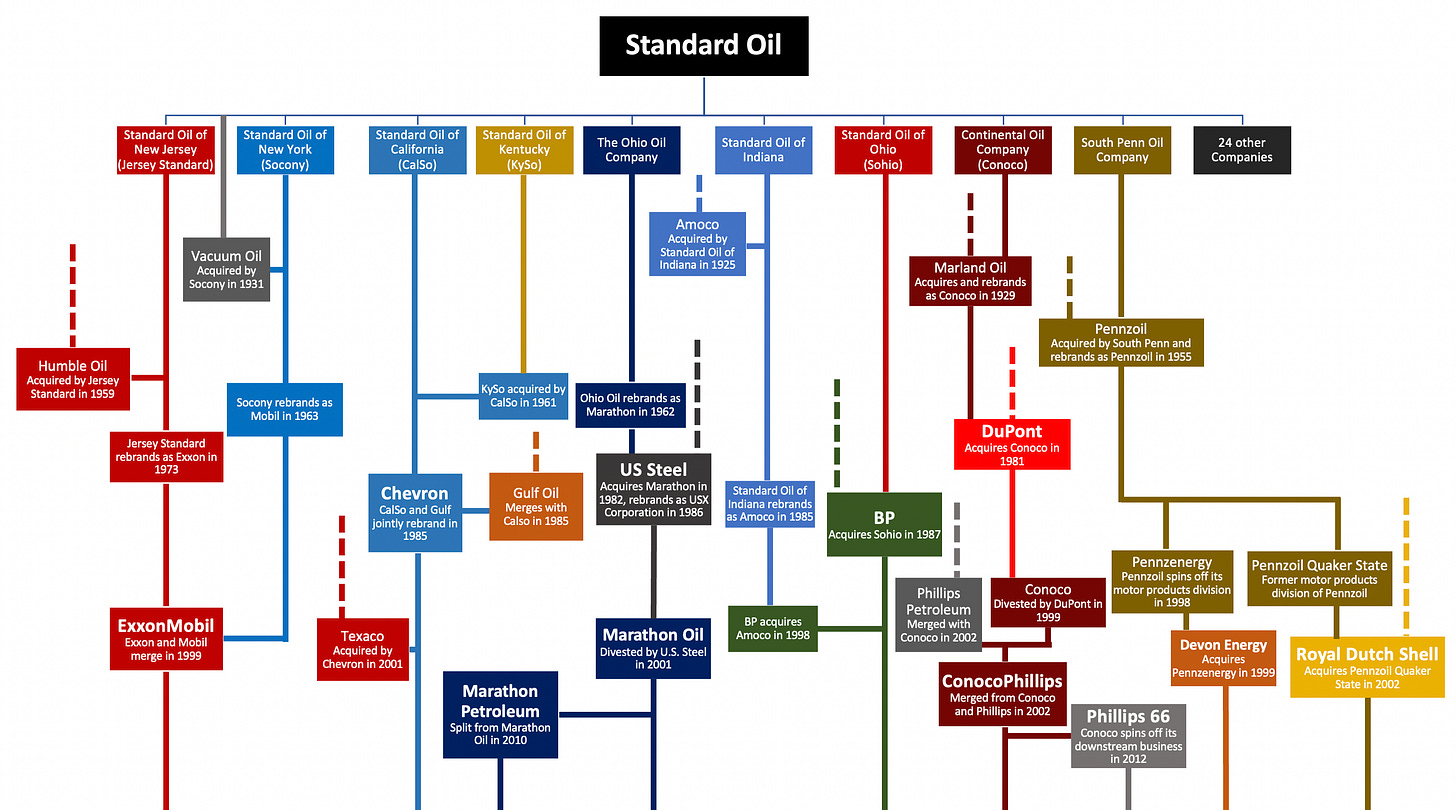I Sold My Meta Stock
It started to feel like looking the other way.
I sold my Meta stock yesterday. Not because the price dipped nor due to any recent bad Zuck decisions. But because it started to feel like looking the other way.
I could no longer hold a company that owns half the internet’s ad inventory, prints cash every day and acts like accountability is optional.
I had a front row seat to the Facebook rises and crashes. The traffic spikes that helped make “social” go from a PR play to the center of every newsroom. The billions of video views.
And then the dips. The free fall after 2016, when Facebook was manipulated beyond belief. By foreign actors, domestic actors and ourselves.
We all learned the same lesson: when the platform moves, the world moves with it. You live and die by the algorithm.
Traffic eventually cratered. For some outlets, 90% was gone overnight. Meta built the system, watched it collapse… and shrugged.
Meta didn’t care about the fallout. Only the optics.
In January, Meta shut down its third-party fact checking system.
Around the same time, they announced a $50B stock buyback. Spending on user safety below 1% of revenue, the lowest in a decade.
That’s not shareholder value. It’s a conglomerate cashing out while the house is still on fire.
Then the part that made it clear. This wasn’t incompetence. It was a choice.
Meta wrote a $1M check to Trump’s inauguration while spending tens of millions lobbying to kill a kids’ online safety bill that passed 91-3 in the Senate.
It worked. The bill died in the House.
They’re also among the corporations helping to pay for Trump’s new White House ballroom.
It’s hard to overstate how much power — real political power — Meta holds.
We’ve already seen what social platforms are doing to kids. The anxiety and self-comparison. The way it trains kids to need attention just to feel real.
The product works. That’s the problem.
This isn’t about deleting Meta. It’s about breaking it into something where everyone wins.
We broke up Standard Oil not because people hated oil, but because monopoly power began to erode our society. I’m using the same logic here.
If Meta split into pieces, each would thrive.
An Instagram that still feels human.
A Facebook built for real community instead of outrage.
A WhatsApp free to innovate again.
Investors would thrive, just like the Standard Oil successors.
Employees wouldn’t have to check their conscience at the door. Consumers would finally have a choice.
Breaking up Big Tech isn’t anti-business. This is how business survives.
I believe in technology. I believe in markets.
I don’t believe in monopolies that profit by eroding both.
Selling my Meta stock wasn’t a protest. It was a reminder that markets move when people do. One sell order at a time.
If you enjoyed this newsletter, please share with a friend.
Not financial advice.






The spending ratio on safety versus buybacks really highlights the misalinged priorities here. When a company lobbies millions to kill a 91-3 Senate bill while writing checks to political inaugurations, that's not about business strategy anymore. Breaking up Meta could actually unlock value for shareholders while restoring some accountability to the platform ecosystem. Markets work best when monopolies don't get to play by different rules.
An exegesis that reflects the fact that most of us - (not investors per se but anyone watching the behavior of these megaliths)would agree with this. Standard Oil set the model for why and how to allow others into the conversation. Updated it would free not only the platform but reassure its users.
May this happen. And soon.